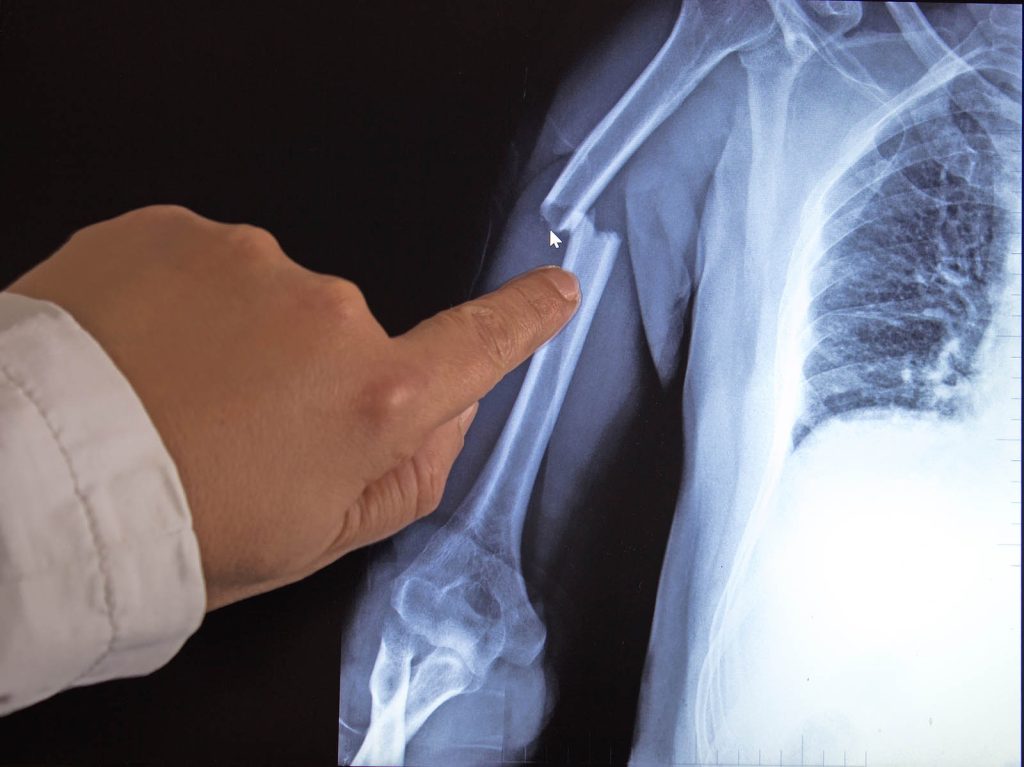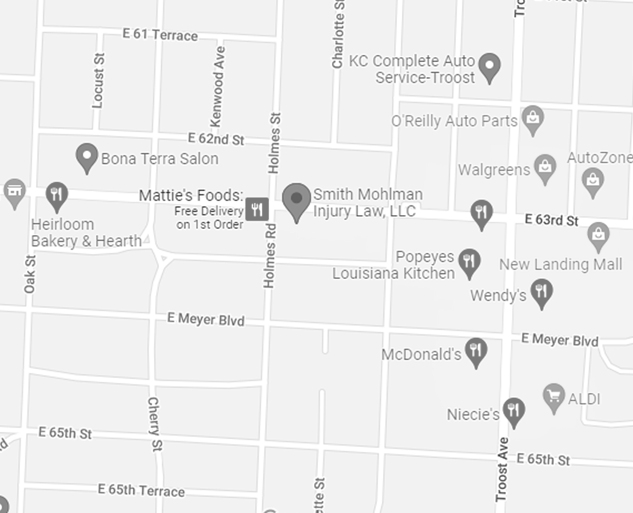What Are the Boating Regulations in Missouri?
Every state has regulations governing boating activities, and it’s important to familiarize yourself with them to avoid being caught on the wrong side of the law. A lawyer from a personal injury law firm in Missouri takes you through everything you need to know and what action to take if anything goes wrong.
Boating Age Requirements
No age requirement exists for operating a vessel in Missouri, but younger children need supervision. Missouri law states that the operator of a boat must be at least 14 years old unless an adult accompanies him or her. Regardless of age, however, everyone operating a boat must have a boater identification card.
To operate a personal watercraft, a child must be at least 14 years old unless they are under the direct supervision of a parent, guardian, or other person 16 years of age or older.
All boat occupants seven years or younger must wear a U.S. Coast Guard-approved PFD (personal flotation device) when on the boat or being towed behind a boat. And the boat must have PFDs on board and accessible for every occupant.
Boating Education Requirements
Anyone born after January 1, 1984, and who operates a boat or any vessel in Missouri’s public waters must have a boating safety identification card on board and a photo I.D. The Missouri State Patrol (MSHP) Water Patrol Division issues the ID.
So, while a minor can operate a boat in Missouri, they must be at least 14 years old to handle a personal watercraft. It’s also beneficial to familiarize yourself with other boating laws and regulations relating to a minor’s vessel operation. For example, what should you do if a child gets injured while on recreational boating in Missouri?
Can My Child Take the Boater Education Courses?
Anyone can take one of the Missouri boater education courses, as there is no age limit for eligibility. Your child must, however, be able to follow the course material and understand the content.
Qualifying for a Missouri Boater Safety Identification Card
Your child (like everyone else) will need to take a course approved by the National Association of State Boating Administrators (NASBLA) to obtain a boater safety identification card. The education includes a curriculum approved by the U.S. Coast Guard Auxiliary, marine troopers of the Patrol, the U.S. Power Squadron, and Boat’s-Ed’s online course for Missouri.
An experienced boat accident lawyer in Kansas City can explain why ensuring that your child obtains these certifications and identification card is crucial.
What Equipment Will My Child Need for the Boat?
Ensure your child carries the boat registration and boating license in Missouri on the boat at all times. There also should be enough life jackets for all passengers, placed in a non-obscured area that is easy to reach.
The boat must have the required number of fire extinguishers for the boat class as follows:· .
- One B1 type fire extinguisher for Class 1 and A
- One B2 type fire extinguisher or two B1 extinguishers for Class 2
- Three B1, one B2 and B1, one fixed and B2, or a fixed fire extinguishing system and two B1 type extinguishers for Class 3 boat.
Ensure the vessel has a working whistle or horn and a throwable floatation device if the boat is over 16 feet long. If you intend to allow your child to use the watercraft from sunset to sunrise, ensure it has the required navigational lights.
What Are the Penalties for Violating Boating Rules and Regulations?
Missouri State Water Patrol stipulates the following fines for violating various boating rules:· .
- Non-registration of a boat: $117
- Non-registration of a trailer: $117
- Not having a life jacket for children under 7: $193
- All equipment violations: $117
What If My Child Gets into a Boating Accident When Operating a Vessel?
The Handbook of Missouri Boating Laws and Responsibilities states that any operator involved in a boating collision must report the incident. They must provide the following information within five days of the accident:·
- Their name and address
- Their driver’s license number
- The boat’s registration number
Failure to report this information after navigating the boat during a collision could lead to penalties and costs related to the crash. If the accident involves someone’s disappearance, property damage, serious injuries, or death, the operator must file a written report within 48 hours of the crash with the Water Patrol Division.
Tips for a Boating Accident Claim
If someone else was responsible for your child’s boating accident, talk to boating accident lawyers in Kansas City as soon as possible. An attorney can investigate the case and help you recover compensation for the losses after filing a report.
To enhance your chances of recovering damages following the accident, ensure you do the following:·
- Report the incident to the authorities as soon as possible.
- Document the accident and gather relevant evidence, such as the injuries sustained and property damage.
- Collect the names and contact information of anyone who witnessed the collision and note the events leading to it as you remember them.
- Avoid talking to the negligent party’s insurance representative, as they may try to shortchange you. Ask them to contact your personal injury attorney in Kansas City instead.
Skilled Legal Counsel From an Experienced Boat Accident Lawyer
Boating is fun until you violate boating rules and get caught up on the wrong side of the law. That’s why you must familiarize yourself with the law in Missouri to know what is expected of you. Consulting a skilled Kansas City boat accident attorney is an excellent starting point.
Your lawyer can take you through the laws and provide legal representation when needed. If you or your child sustain injuries in a boat accident, the boat accident attorney can assess the case, determine liability, and help you file a compensation claim. Contact Mohlman Gurney Injury Law firm at (816) 648-6000 to get started.








